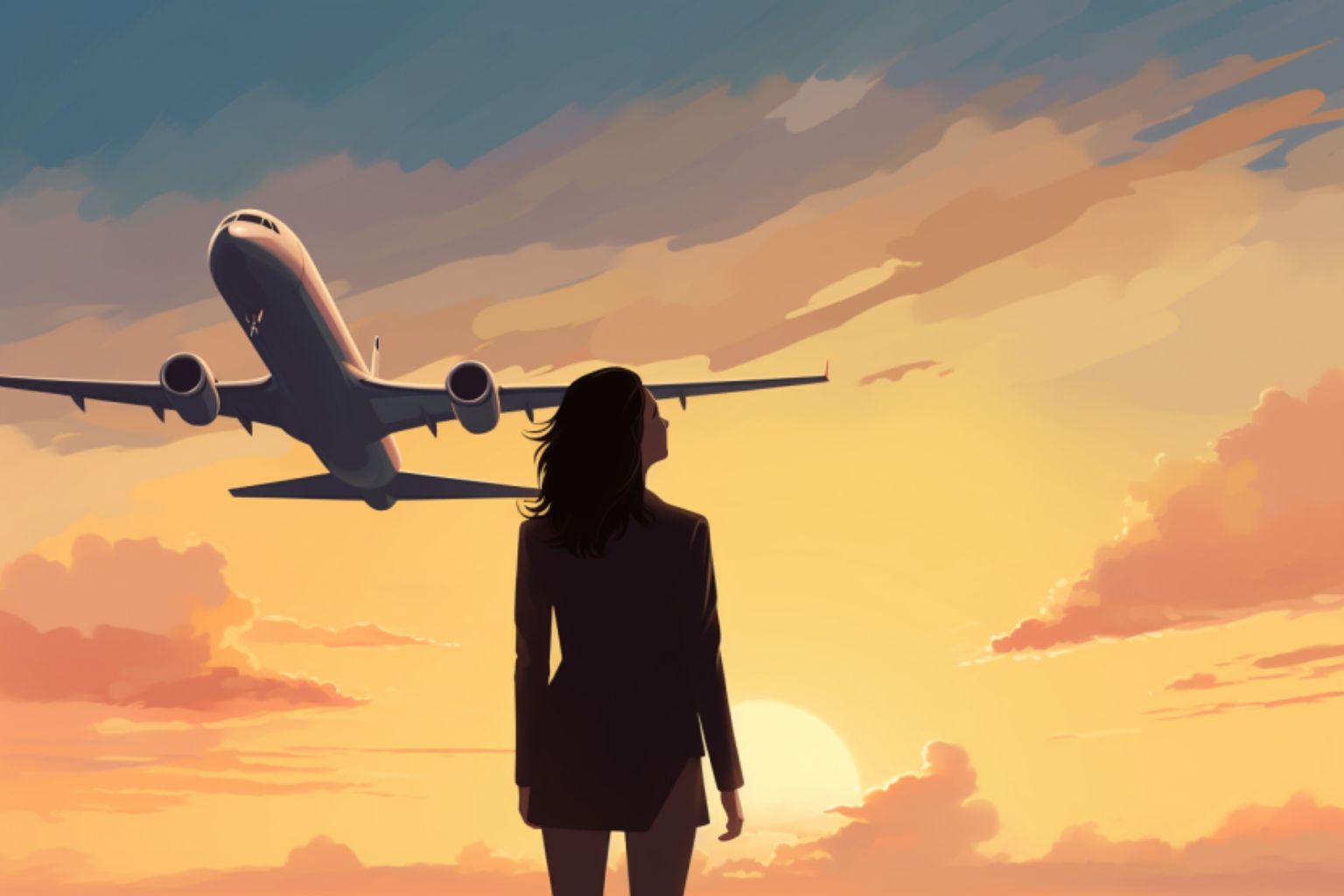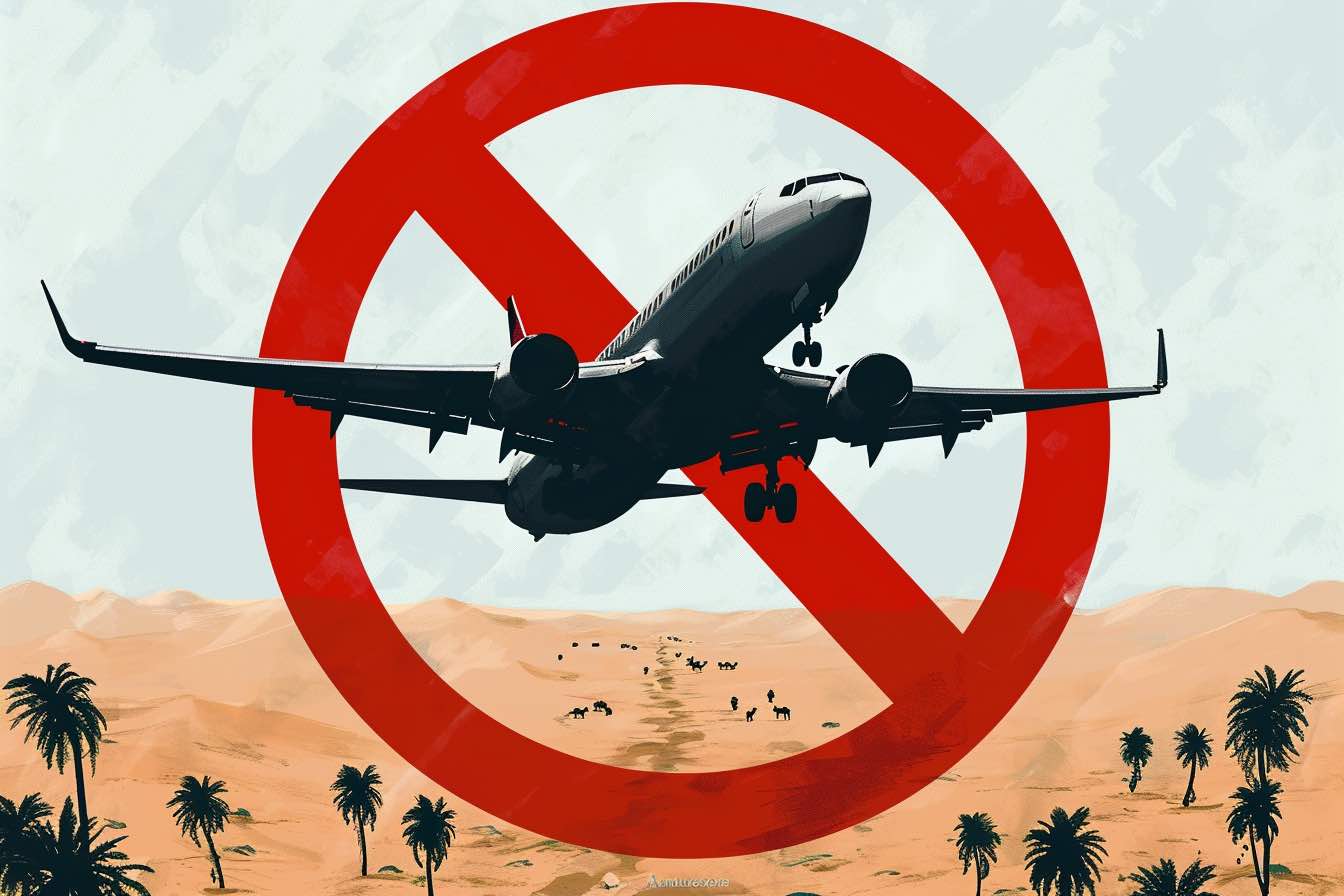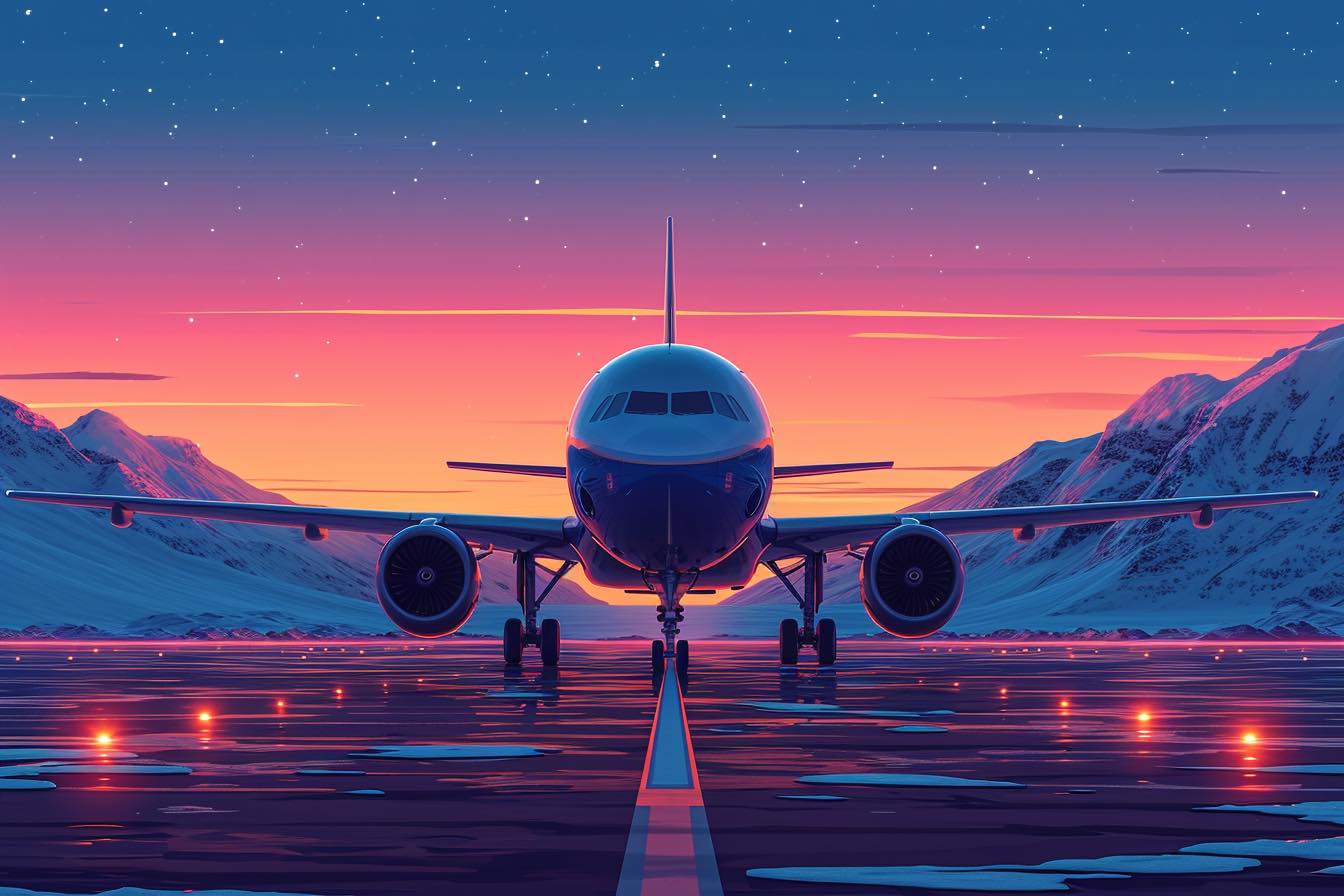Melissa Sigritz is forced to pay $2,450 to get back home after her airline leaves her stranded in China. Is she entitled to a refund?
Question
I booked a flight from Dayton, Ohio, to Shanghai through US Airways, and things went terribly wrong with my ticket. I need your help.
The first two of the three segments of my trip from Ohio to China were on United Airlines. The United agent at the Dayton airport had great difficulty printing my boarding passes and eventually informed me that she would have to issue a paper ticket.
When I checked in for my return flight in Shanghai, I was told by agents that I did not have a reservation on the Air Canada flight. I showed the agents my emailed confirmation from US Airways. The agents rudely informed me that there was nothing they could do. When I begged the agents for help their only advice was that I call my travel agent. I explained that I booked the trip myself, but it seemed like I was stranded.
Ultimately, I had to buy a new ticket for the very flight I was confirmed on, at a cost of $2,450. I hated to take this action, but I was essentially stranded in China.
Once I arrived in Toronto a US Airways agent confirmed that I had been booked on the Air Canada flight all along. I have written every airline involved in this problem since then, asking for a refund. But so far US Airways has refunded me only $16.79. What a slap in the face! Can you help me? — Melissa Sigritz, Dayton, Ohio
Answer
In all my years of writing this column, I don’t think I’ve ever come across a codesharing nightmare like yours.
Airline codesharing — which is what you experienced when you booked a US Airways ticket but ended up flying on United and Air Canada — is a common practice with questionable benefits to the passengers. Basically, it allows a carrier like US Airways to sell flights on another airline while claiming them as their own. (Related: Codesharing confusion grounded my vacation.)
US Airways sold you a flight from Dayton to Shanghai, even though it doesn’t fly between Dayton and Shanghai. (Some might call that dishonest, but that’s a discussion for another day.) If it isn’t going to operate the flight, it should at least take responsibility when something goes wrong with that ticket.
Resolving the ticket refund saga
I don’t know what the $16.79 check was for, but I would have been offended by it, too. I’d expect a $2,450 credit to appear on my card as soon as I returned home. As I review the correspondence between you, United, Air Canada and US Airways, I find a round of finger-pointing, stalling, and otherwise irresponsible corporate behavior. It seems no one wanted to help you. (Here’s how to get a refund on a non-refundable airline ticket.)
I’d like to think that a brief, polite appeal to someone higher up at US Airways would have done the trick. Unfortunately, I’m not at all convinced. One look at the complex problem you had is enough to make anyone’s head spin. Who is really responsible for this ticket, and who should issue the refund?
In the end, I contacted US Airways and it took weeks of back and forth between the airline and Air Canada to figure out what went wrong. But eventually, they did. You’ve received a refund from Air Canada — and an apology from US Airways.




